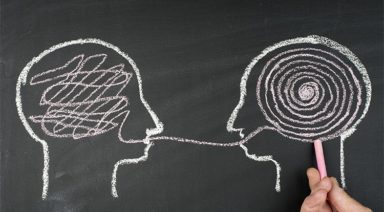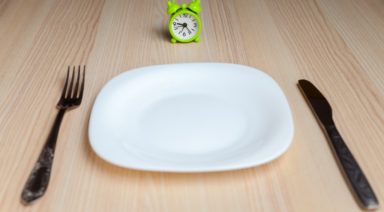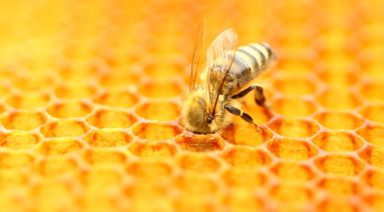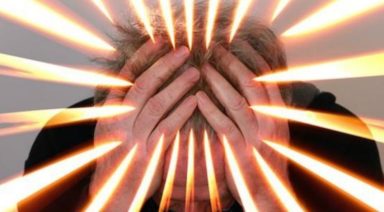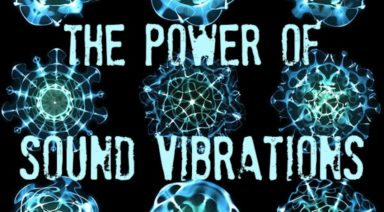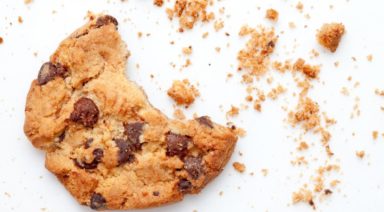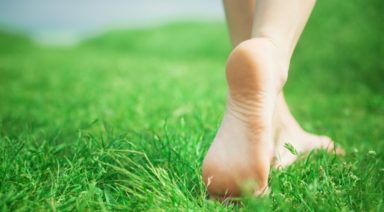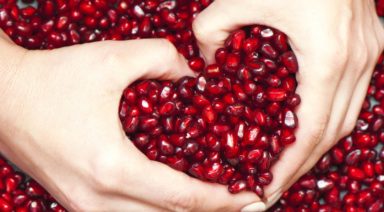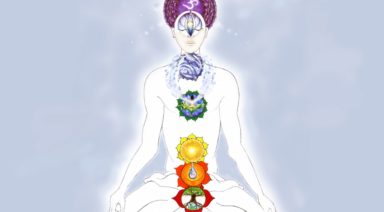Why Do We Sleep? For More Reasons Than You May Think

Most of us spend about a third of our lives asleep, despite not really having an answer to the question, ‘why do we sleep?’ Now neuroscientists are realizing that sleep is more important than previously thought. They’re also realizing that the worn-out platitude, “you can sleep when you die,” is terrible advice, as that day will undoubtedly come sooner if you short yourself on a good night’s sleep.
According to most contemporary research, you should be getting around seven to eight hours of sleep every night, and if you think you can get by on fewer than that, there’s a really good chance you’re fooling yourself.
Why is Sleep Important?
While the exact mechanisms of sleep are still being studied, neuroscientists including Matthew Walker have made interesting learnings about what happens when we deprive ourselves of sleep and the impacts sleep (or lack thereof) has on society as a whole.
When we’re awake, Walker says that essentially, we’re causing low-level brain damage. By this, he is referring to the build-up of the sticky, toxic junk in our brain known as beta-amyloid. This accumulation of beta-amyloid has been found to correspond with the onset of Alzheimer’s, among many other adverse health effects correlated with a lack of sleep.
Sleep is beneficial as more than just a healing function; it also replenishes spent resources and regulates hormone levels that dictate our appetite, cognitive function, and motor skills. The two hormones that dictate whether we are hungry or full, ghrelin and leptin, have been observed to flare up and down, respectively, when we’re sleep deprived. This inevitably leads to an increase in hunger, but even worse, it leads our bodies to crave unhealthy and fattening foods — those heavy on carbs and light on greens. In fact, people who run on four to five hours of sleep per night tend to eat 200-300 more calories per day.
For men, sleep is an important regulator of hormones, most notably testosterone. Sleep-deprived males can have the same virility and strength as a man 10 years their senior. For women, a lack of sleep can lead to a significantly increased risk of breast cancer and drops in immune hormones.
According to Walker, just introducing a single night of just four hours of sleep among a normal eight-hour sleep schedule, can bring about a 70 percent drop in natural cancer-killing cells, the immune assassins that target malignant carcinogens. Every day our bodies produce these cells and others to fend off disease and maintain our health, and while a cat nap might make you feel refreshed, it won’t make up for the loss of these cells.
Sleep’s Importance in Learning and Memory
Sleep plays a key function when it comes to retaining everything we learn throughout the day and improving upon it. While the sleep when you die phrase is cliché, there’s another truism that actually holds some truth – when you want to solve a problem or get better at something, it’s best to sleep on it.
While some have postulated that the dream state may play a role as a practicing mechanism for our daily life, no one is entirely sure of its function. However, it has been shown through EEG monitoring that when our brains learn, we essentially create basic algorithms in our head to remember or sequence that function. When we’re awake, initially that sequence is choppy, but through practice and repetition, our brain smoothes out the kinks in between.
And this jump happens when we sleep because our brains continue to repeat those algorithms we’ve been practicing throughout the day. Except it recites them up to 20 times faster. Our brains don’t have to focus on all the other things it does while awake, so it has more bandwidth to devote to developing those algorithms. Eventually, we perform those tasks more fluidly like when playing an instrument or even doing something as simple as typing. With enough practice, our bodies can perform physical functions without directly thinking about them.

After a single night’s sleep, our bodies show anywhere from a 20-30 percent improvement in the skill or function it’s trying to learn. Walker says it’s statistically the most significant performance enhancer of all time.
And this knowledge was used to its advantage in early methods of biohacking by scientists, thinkers, and artists dating back centuries. The micro-nap was used by Aristotle, Einstein, and Tesla, who held onto a pair of steel balls as they nodded off in a chair. When they fell asleep they would drop the balls on the floor or onto a metal pan, waking up from the loud clang. In the seconds, or minutes, their brains were asleep, they were able to access creative genius, attributing some of their greatest discoveries to this trick.
For some, this would be exacerbated by first depriving oneself of sleep, which is not a healthy recommendation, though it goes to show how restorative and impactful sleep can be on the brain.
And if you don’t get enough sleep, your mind will take those micro-naps on its own. Ever been in a room where the lights flicker so quickly that you’re unsure if they even flickered at all? Your brain does that when it’s tired. It will fall asleep and wake up in an instant. And if you’re incredibly sleep deprived, the brain will get its dream sleep even if you’re awake. That’s why people who have been awake for too long begin to hallucinate – the brain pulls the veil of the dream state over waking reality.
The more we learn about sleep, the more we realize how vital it is to nearly every aspect of our health and well-being. Unfortunately, there is no way to shortcut getting a healthy night’s rest or making up for it on the weekend. Unlike our metabolic system which can store fat for when it’s needed later, we can’t store sleep for that reason, we can only accrue sleep debt. So, if you want to live the healthiest life, think clearly, and solve problems… get some rest.
10 Ways to Improve Brain Health and Function
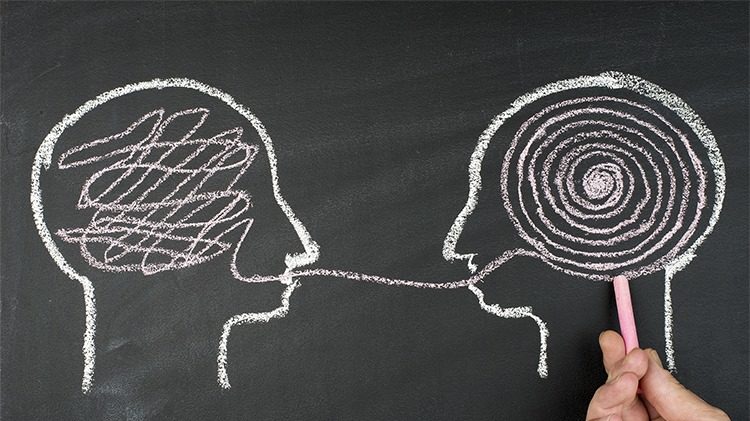
The human body is a fascinating machine – with its efficiency surpassed only by its complexity. However, the most incredible piece of equipment is the part that rules it all – the human brain. With over 100 billion neurons that connect and join together to create over 1,000 trillion synapses, the human brain contains more neural connections than there are stars in the galaxy.
Unfortunately, your brain doesn’t come with an owner’s manual. While everyone is different, scientists estimate that most people are only using about 10 percent of their brain’s total capacity. With such a powerful tool constantly at our disposal – it’s easy to forget just how delicate our brains can be.
So let’s look at some ways that you can take care of your brain and get the most out of this elite piece of machinery.
TOP FOODS FOR BOOSTING BRAIN HEALTH
While the health concerns of a poor diet are far ranging – multiple studies have found that poor nutritional habits lead to a decline in cognitive behavior and an increased risk for dementia.
By working the following foods into your diet, you’ll increase your chances of maintaining healthy brain function well into old age.
Turmeric
In India, where turmeric is a frequent ingredient, population studies have revealed a lower proclivity to Alzheimer’s. While turmeric probably isn’t the only reason, it has been shown to activate genes that help to reduce inflammation that weakens and destroys brain cells. Try adding a teaspoon daily.
Coffee
More than just a morning survival necessity, coffee can improve your brain’s ability to learn by nearly 10 percent and can even relieve headaches and migraines by constricting blood vessels in the brain that are opening too wide. On top of this, caffeine suppresses a neurotransmitter called adenosine, which influences attention, alertness, and sleep. By blocking adenosine, other brain chemicals like glutamate and dopamine are stimulated and flow more freely – giving you a surge of energy, improved mental performance and overall slowing the effects of aging on your brain.
Wild Salmon
Your brain is 60 percent fat – most of which is the omega-3 fatty acid DHA. Eating wild salmon, also rich in omega-3 fatty acids, has been proven to boost learning capabilities and academic performance in children as well as ward of depression and hostility in young adults and cognitive dementia in the elderly.
Nuts
Not all nuts are created equally – but most are pretty darn amazing for your brain. Walnuts are rated the top for your brain health as they have a significantly high concentration of DHA. Almonds and hazelnuts are also a great source for Vitamin E, which has been linked to less age-related cognitive decline. While fewer studies have been done surrounding peanuts, they are extremely high in niacin – which multiple reports have linked deficiencies with a higher incidence of Alzheimer’s and dementia.



